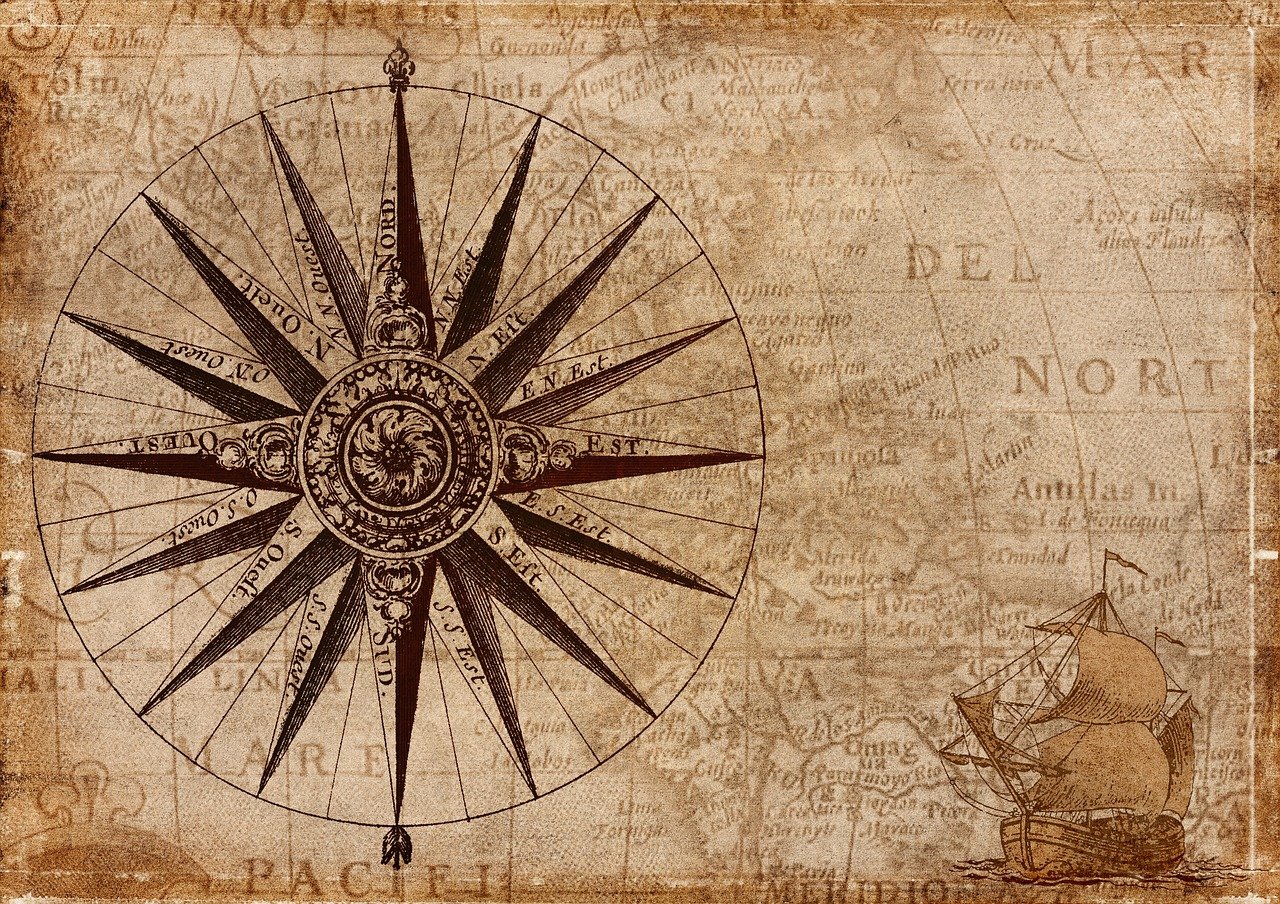Übermensch
The term Übermensch, often translated as “Superman” or “Overman,” is a central concept in the philosophy of Friedrich Nietzsche, a 19th-century German philosopher. Introduced in his work “Also sprach Zarathustra” (“Thus Spoke Zarathustra”) published between 1883 and 1885, the Übermensch (overmen) represents an idealized future human who transcends conventional morality to create new values.
Nietzsche conceived the Übermensch as a response to the “death of God,” a metaphor for the decline of traditional religious and moral certainties in the face of modernity and scientific progress. He argued that without these guiding principles, humanity faced a moral void. The Übermensch embodies the creative individual who overcomes this void by establishing a personal set of values grounded in life-affirming principles, rather than in external doctrines or nihilistic despair.
Throughout the late 19th and early 20th centuries, Nietzsche’s concept sparked significant interest and debate among philosophers, artists, and intellectuals. It influenced existentialist thought, particularly in the works of Jean-Paul Sartre and Albert Camus, who grappled with the challenges of meaning and individuality in a seemingly indifferent universe.
However, the Übermensch concept was also subject to misinterpretation and misuse. In the early 20th century, elements of Nietzsche’s philosophy were co-opted by nationalist and totalitarian movements, most notably the Nazis, to promote ideas of racial superiority and authoritarianism. It’s important to note that Nietzsche himself was critical of nationalism and anti-Semitism; his ideas were distorted posthumously, in part due to the editorial influence of his sister, Elisabeth Förster-Nietzsche, who was sympathetic to nationalist ideologies.
In contemporary discussions, the Übermensch continues to be a topic of philosophical exploration and cultural expression. It raises enduring questions about the nature of human potential, the creation of meaning in the absence of absolute truths, and the role of the individual in shaping ethical frameworks. The concept invites ongoing reflection on how humanity can navigate the complexities of modern life by transcending limiting beliefs and embracing self-determined values.
Weekly Popular
Newsletter
Subscribe to our newsletter to stay up-to-date on our latest news and announcements.






